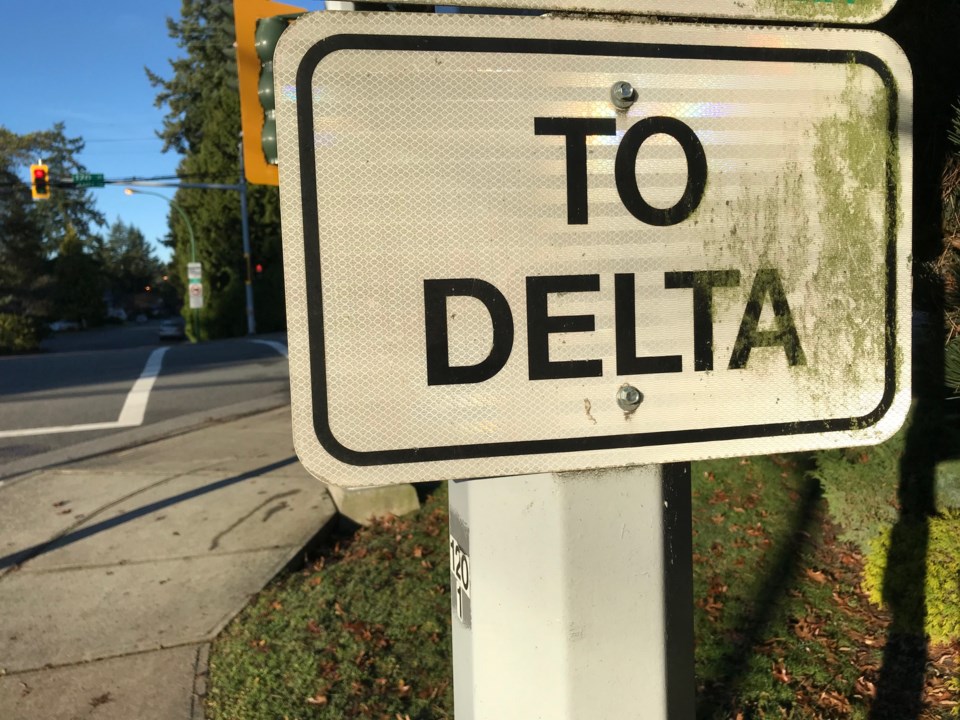The City of Delta’s population is anticipated to increase by approximately 20 percent between 2020 and 2050, from just around 110,000 to approximately 132,000 residents.
That’s according to the draft of Metro 2050, the regional district’s growth strategy for anticipated future growth in the region with considerations for housing, transit and mobility, employment and other issues.
Metro Vancouver has been gathering comment until end of November, including input from municipalities. A delegation from the regional district recently appeared before Delta council for a presentation on the new growth plan.
A Delta staff report notes that, overall, Metro 2050 is an appropriate plan for the region, bearing in mind the uniqueness of Delta's geography and demographic makeup.
It appears to be in line with other regional plans and generally aligns with the City of Delta's plans as well, although some key gaps and areas for improvement have been identified.
Among the concerns outlined in the Delta report is that Metro 2050 needs to address the need for wider access to transit, even in those areas which are not included within the “Urban Centre” or “Frequent Transit Development Area” designations.
The report also identified housing and land issues, noting Delta with its three distinct, separated communities, is challenged to achieve regional objectives related to population growth and location.
The report notes the strategy needs to focus regional growth in the urban containment boundary and complete communities with access to housing choices, employment, amenities and services.
Given the importance of agricultural lands to Delta and the region as a whole, Delta staff note that the revised definition of agricultural lands in Metro 2050 appears to open possibilities around the use of agricultural land that previously did not exist.
“In addition, Metro 2050 has removed the emphasis on food production stipulation for agricultural land, which should be carefully considered in the context of the use of agricultural lands for cannabis production and the need for regional food security,” the report adds.
The report warns the strategies around trade-oriented lands in Metro 2050 pose potential land use conflicts related to agricultural and environmentally sensitive lands in a municipality like Delta.
The report also notes Metro 2050 is largely silent on diking and dredging issues.



